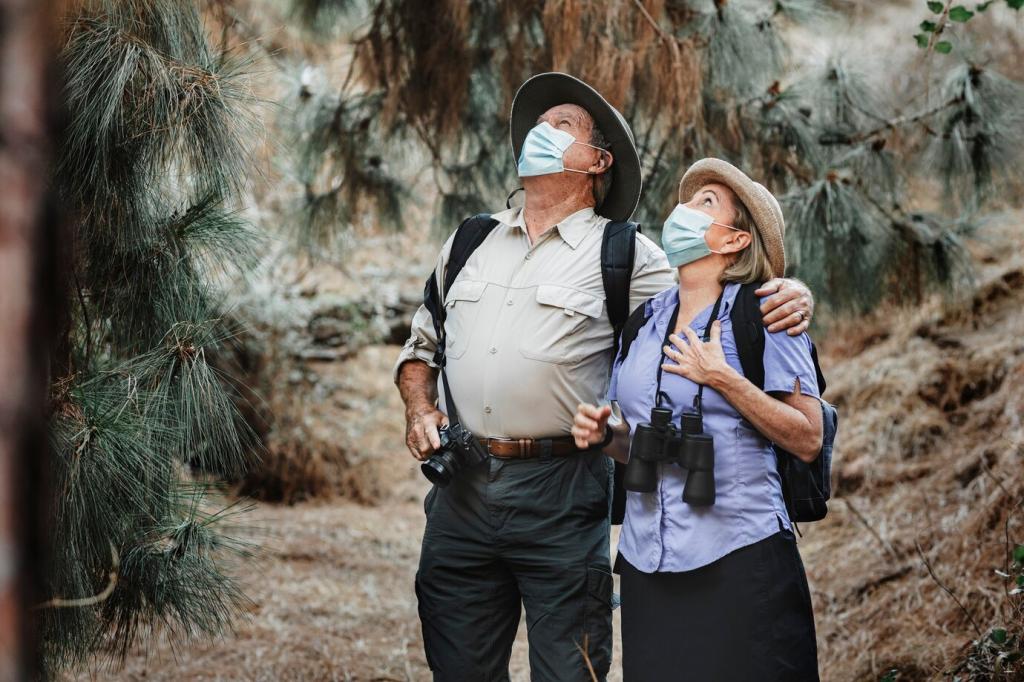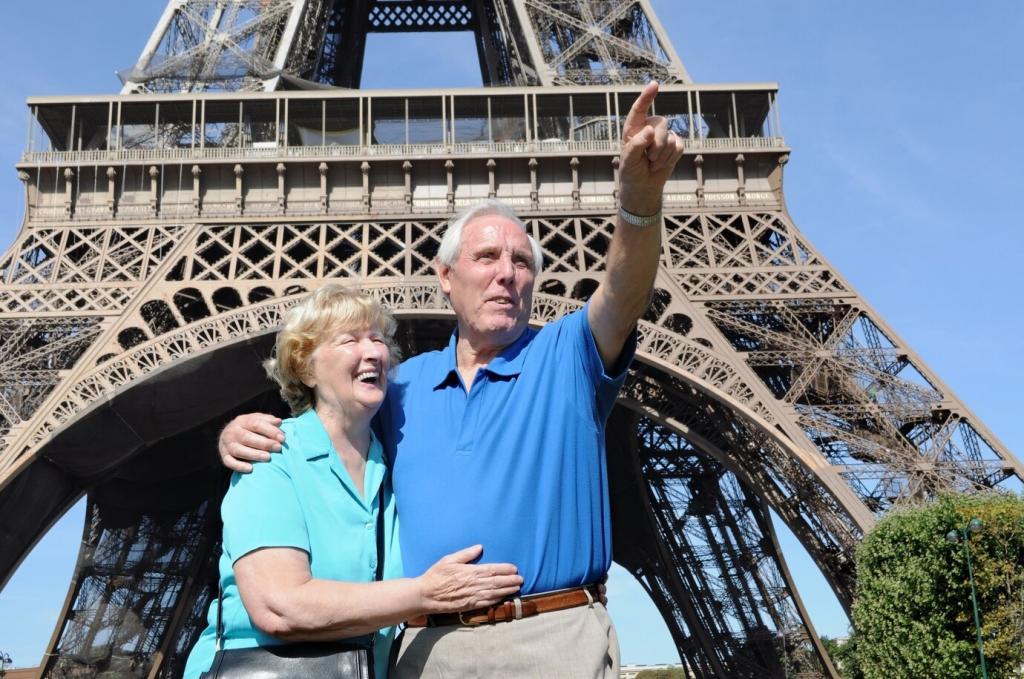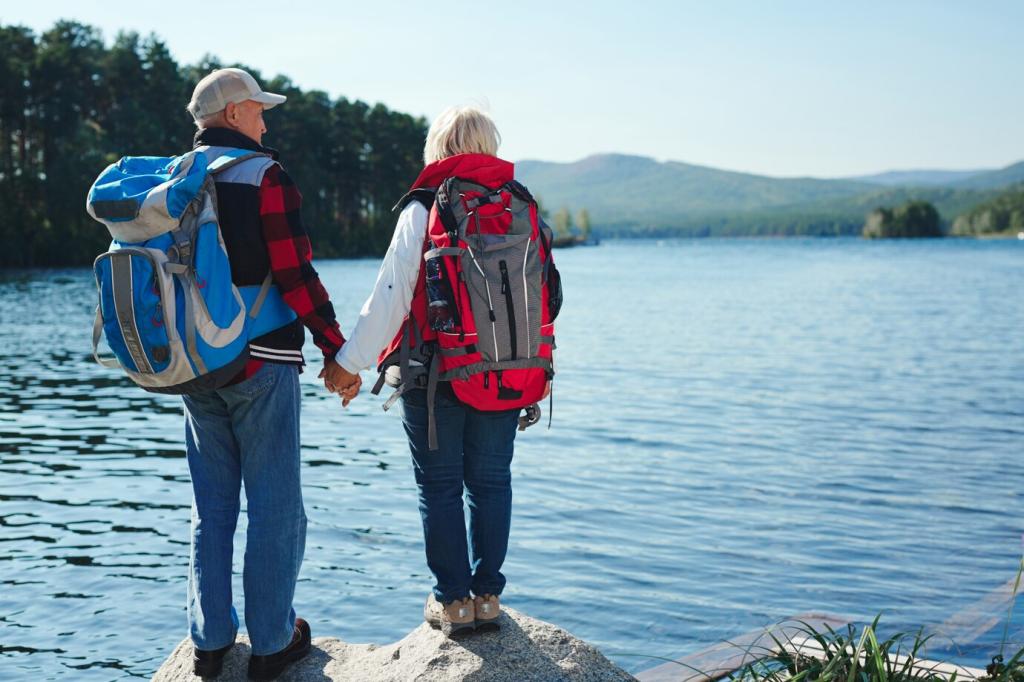Communication Plans That Actually Work
Write a short, step-by-step contact tree on a bright card: “Call Grandma, then Dad, then Hotel.” Use large-print, icons, and country codes. Keep copies in wallets, backpacks, and coat pockets for redundancy.
Communication Plans That Actually Work
Agree on two phrases kids can say to trusted adults if separated: their name, guardian’s name, and hotel. Pair this with a wristband contact number, and a simple paper map marked with a star for the hotel.





